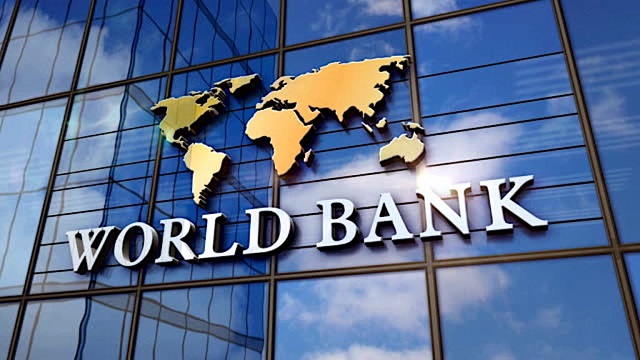The World Bank Group has approved 30 million U.S. dollars to support efforts to improve access to sanitation and water for low-income urban communities in Ghana, according to a release issued Thursday.
The release said the funding constitutes additional support to cover a financial shortfall resulting from increased costs due to inflation in the implementation of the Ghana Sanitation and Water Project (SWPs) in Accra and the second capital, Kumasi.
The financing will also allow the government of Ghana to complete planned water and sanitation works under the Greater Accra Metropolitan Area (GAMA) and Greater Kumasi Metropolitan Area (GKMA) SWPs financed by the World Bank, according to the release.
“This second additional financing will help complete the rehabilitation and expansion of the existing Asafo Sewerage Network (in Kumasi) and provide access for 5,000 households in low-income communities to improved sanitation,” said Robert Taliercio, World Bank Country Director for Ghana, Liberia, and Sierra Leone.
Taliercio said the package would also help to improve the financial sustainability of Ghana Water Limited, the state utility company in charge of urban water supply.
Harold Esseku, the World Bank’s senior water and sanitation specialist and task team leader for the project, said the additional financing would also generate climate benefits.
“The completion of the gravity-operated network and sewerage treatment plant in Kumasi is expected to reduce greenhouse gas emissions,” Esseku said.
He added, “It will reduce carbon dioxide emissions by making the use of aging vacuum trucks to transport sludge from septic tanks obsolete.”
The official said the project also embraces the circular economy approach by converting waste to briquettes and compost, aiming to lower the charcoal and biofuel use of local communities, and providing soil conditioner for urban agriculture.”
The release added that the World Bank group expected the GAMA and GKMA SWPs to provide 563,000 people with access to improved sanitation services and 700,000 people with access to improved water supply services by the end of the project implementation.
The twin projects, the GAMA and the GKMA SWPs, started with an initial 150-million-dollar World Bank financing in Aug. 2014.

